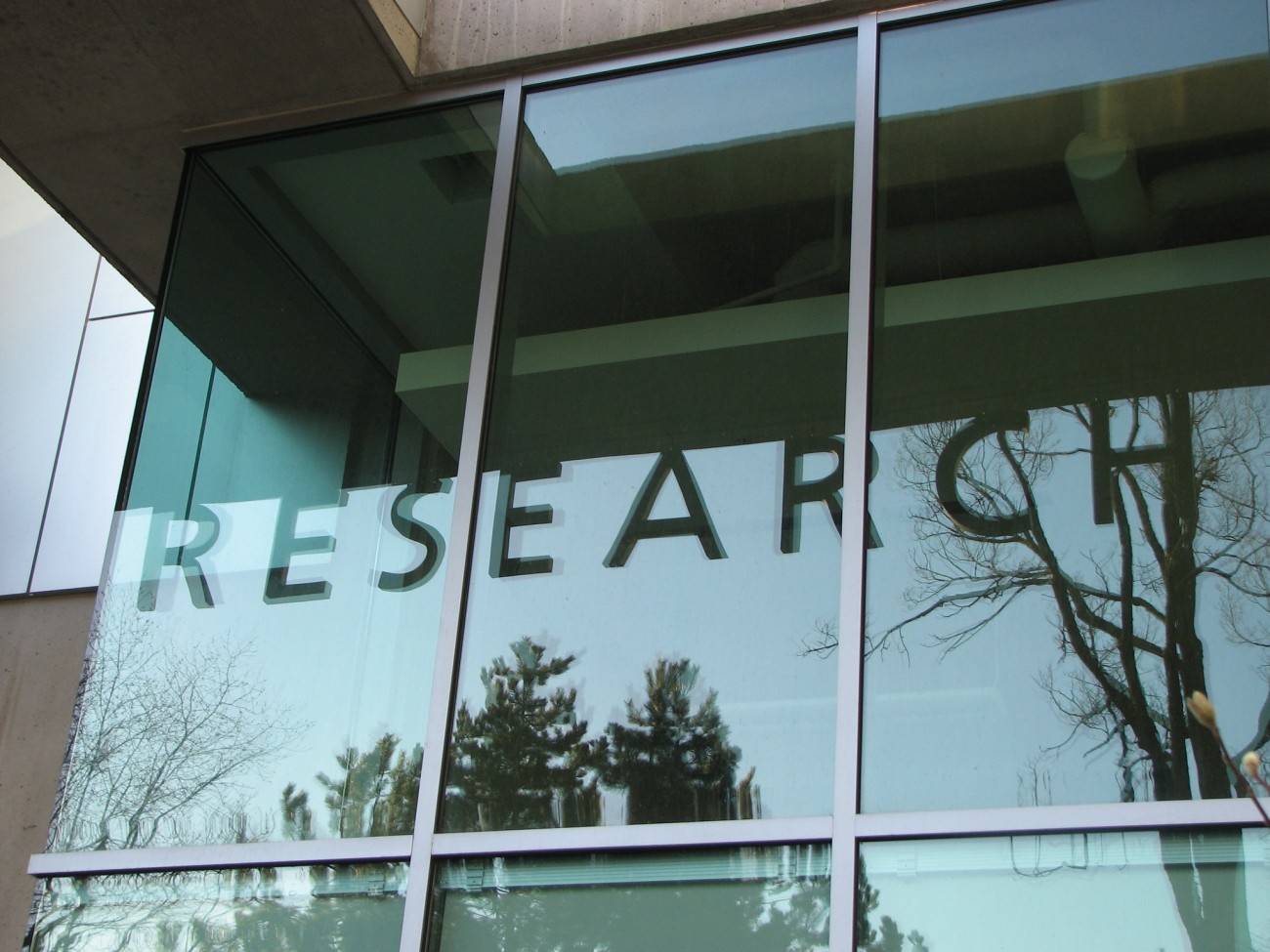Context and Goals
Research activities typically produce, analyze or depend on digital data. Such research data needs to be managed so that it remains findable and understandable and does not fall prey to data corruption, starting from the moment it is obtained and regardless of whether the data is intended to be used collaboratively or published. Accordingly, a significant part of a scientist's everyday work revolves around storing, organizing and documenting research data, and research data management entails a lot more than publishing or archiving data for 10 years, as required by Good Scientific Practice and many funding agencies.
Unfortunately, even though every scientist needs to manage his or her research data and lost or uninterpretable data has detrimental effects on research efficiency, research data management is often not done in a systematic fashion and no best practices or means of quality control have been established.
In the recent revision of its “Guidelines on Digital Research Data”, TU Darmstadt therefore requires that RDM officers are appointed for each research group:
“All research groups at TUDa strive to be up to date with regard to the rules, standards and recommendations for research data management that apply to their discipline. To this end, they appoint a scientific staff member as RDM officer who actively follows developments and supports the group members in research data management. The development of subjet-specific recommendations at the appropriate level (departments, institutes, etc.) is recommended. An RDM officer can also be appointed for several methodologically or disciplinary related disciplines. The RDM officers exchange information with each other at the appropriate level (at least in the department). TUdata supports the RDM officers and their networking.”
What are RDM Officers?
As outlined above, virtually all researchers already manage their research data and therefore perform research data management. As a result, RDM officers do not necesserily need to have a job desccription that differs much from their colleagues, but rather somewhat specialise on the topic of research data management, just like other group members specialise on different scientific methods or the use of certain instruments and assist their colleagues in these areas. Any scientific staff member can therefore be appointed RDM officer. Nevertheless, it is worth mentioning that many funding programs allow inclusion of positions for research data management (often called “data steward”), which, if available, can also act as RDM officers in the sense of TU Darmstadt's “Guidelines on Digital Research Data”.
RDM officers have the goal to improve research data management efficiency and quality in their research group by staying up to date with regard to the rules, standards and recommendations for research data management that apply to their discipline. They assist their group members in questions concerning RDM and implement specific guidelines and conventions for RDM at the appropriate level (e.g. research group, project, institute, etc.).
Network and Support
Since many of the issues RDM officers need to address are typically not unique to a single research group, one of the main goals behind appointing RDM officers is the establishment of a network in which the RDM officers assist each other by sharing knowledge or solutions and work on best practices together.
TUdata supports the network via
- organizing regular meetings
- channels for communication and information exchange, e.g. a mailing list, gitlab projects or a common knowledge base
- a set of “RDM recommendations” that collects options for how to deal with typical RDM challenges
- training
- provision of RDM infrastructure and tools
- active participation within the network
The RDM recommendations have a central role in the RDM officer network and act as a common knowledge base that accompanies and concretises TU Darmstadt's “Guidelines on Digital Research Data”. An initial set of recommendations will be provided by TUdata. However, due to the heterogenity of research areas present at TU Darmstadt, the initial RDM recommendations can neither be complete nor reach the level of subject-specifity that is required for practical solutions. The RDM officers are therefore encouraged to discuss and share their specific realizations of RDM best practices and conventions within the network, so that they can be added to the RDM recommendations.
First Steps
If you have been appointed as RDM officer for your working group, we ask you to inform us about your appointment and suggest that you subscribe to the following mailing lists:
1. Send an e-mail to tudata@tu-… with the following information:
This information will be published under https://www.tu-darmstadt.de/tudata/rdm-network/
- Department – which department (German “Fachbereich”) do you work in?
- Research Group – for which research group (German “Fachgebiet” or “Arbeitskreis”) have you been appointed?
- Name
- Relevant NFDI-Consortia – list any NFDI-Consortia that you consider relevant for your research group. Please indicate consortia you actively participate in.
- Interests and Needs – list any research data related topics which you are interested in or for which you require support (e.g. ELN, HPC, HDF5, RDF, TDM, metadata extraction, file formats, quality control, large data volumes, sustainable source code, …)
2. Subscribe to our mailing list
3. Subscribe to subject-specific RDM information sources
Overview of NFDI consortia: https://www.nfdi.de/consortia/?lang=en
Newsletters and mailing lists
BERD@NFDI: Business Studies, Economics
NFDI4Biodiversity: Biodiversity
NFDI4Cat: Catalysis
NFDI4Chem: Chemistry
NFDI4Culture: Culture heritage
NFDI4Energy: Energy systems research
NFDI4Immuno: Immunology
NFDI4ING: Engineering sciences
NFDI-MatWerk: Materials sciences
MaRDI: Mathematics
NFDI4Microbiota: Microbiology
PUNCH4NFDI: Particle, astro-, astroparticle, hadron and nuclear physics
For more mailing lists from the NFDI context, please see the NFDI mailing lists overview.

